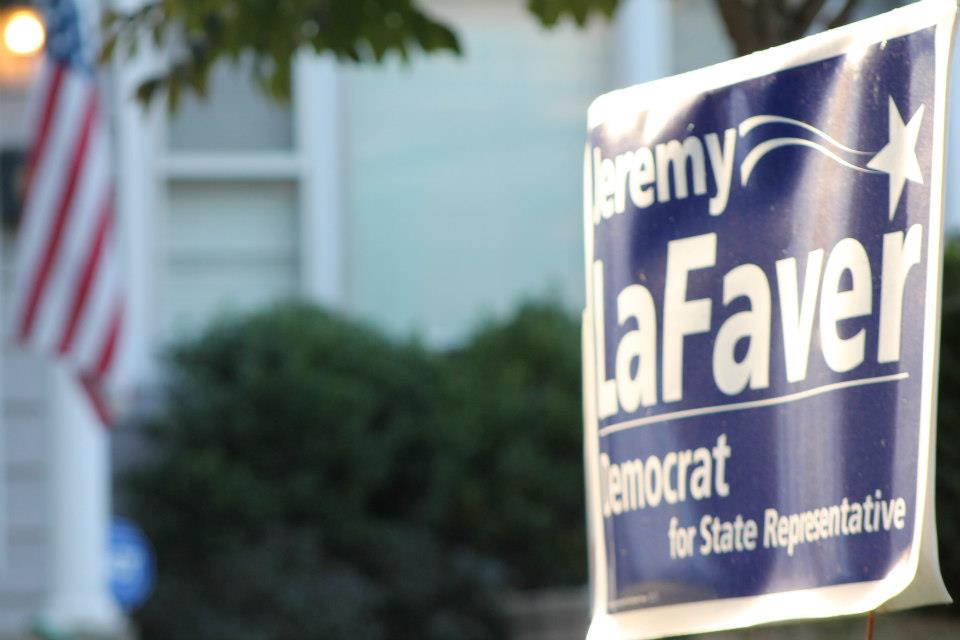Veterans Lottery Ticket is a Bad Bet
by Jeremy LaFaver (D-Kansas City)
“How can you be against veterans?”
That’s a question I’ve been asked several times over the course of the last few months in response to my opposition to Amendment 8, the Veterans’ Lottery Ticket. The premise of the question couldn’t be more wrong. I’d like to tell you why.

Funding for veterans services has been unfairly cut by as much as $20 million in recent years. This money used to come from the state’s General Revenue Fund – a state fund that receives tax dollars and then gives those tax dollars to programs and services the legislature sees fit to support on a dollar-for-dollar basis. Meaning, you pay $1 in taxes and that full dollar goes to a program or service in the state budget.
The proposed Veterans Lottery Ticket (Amendment 8) would take $1 from a lottery customer and give 18.5 cents back to veterans’ services. At that rate, the state lottery would need to sell more than 100 million additional veterans lottery tickets to make up for the lost funding. Historically, the lottery only grows by a small fraction each year. And, as we’ve seen in the news recently, betting on the state lottery to fund important programs hasn’t worked out particularly well for K-12 education.
As reported in the Kansas City Star, other states have tried a similar gamble and have seen their projections fall well short of what was initially promised. The state of Washington was forced to scrap their program all together after their effort failed to get even 50% of what was previously promised.
Establishing a dedicated revenue source that works this inefficiently will establish a dangerous precedent of under-funding veterans’ services. I’ve seen it happen many times before. A program gets a dedicated revenue source, and then the legislature believes it has “fixed” the problem. Instead, what this would do is replace $20 million in funding with an inefficient gamble. Voters are being asked to bet on the state lottery to sell 100 million additional lottery tickets with the hope that a few nickels on the dollar will trickle down to the brave men and women who fought for our country. I believe, if approved, taxpayers will see that this lottery ticket will generate a small fraction of that gamble and the dedicated revenue source will be permanently insufficient.
So in response to the question I’ve been asked, I answer with a question of my own: “Do you really think this lottery ticket is going to be able to adequately support our nation’s heroes?” Don’t bet on it.
I would encourage voters to vote ‘NO’ on the lottery ticket and tell your legislators to fully support veterans services through the state’s General Revenue Fund instead.




